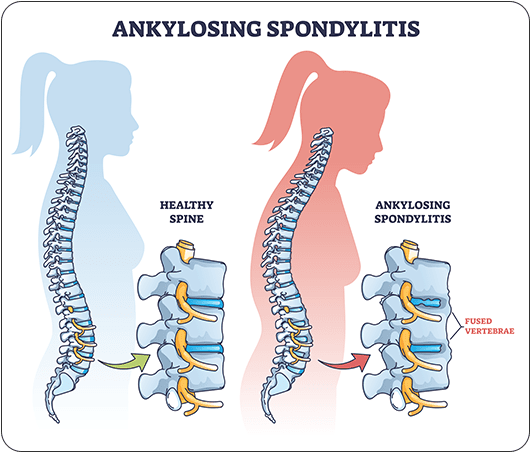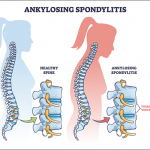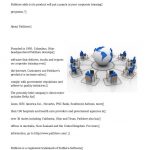The journey to becoming a Registered Nurse (RN) is paved with essential courses designed to equip nursing students with the fundamental skills and knowledge required in healthcare. However, a closer look at these foundational classes prompts a provocative question: Are we overlooking key perspectives in the traditional nursing curriculum?
Nursing Fundamentals: The Starting Point
Nursing fundamentals courses are typically the starting point for any nursing program, offering an overview of nursing roles and the healthcare system, as outlined by NurseJournal.org. But, does this course adequately address the diversity and complexity of healthcare?
Anatomy and Physiology: The Core

Goodwin University emphasizes the significance of Anatomy and Physiology as one of the most vital RN courses. It is fundamental for assessing and diagnosing health problems. However, is the curriculum evolving to incorporate the latest medical discoveries and conditions?
Path to RN: Varied Options
Goodwin College also elaborates on the varied paths to becoming an RN, including Bachelor of Science in Nursing (BSN), Associate degree in Nursing (ADN), and diploma programs. But, are these options equally comprehensive and adaptive to the demands of modern healthcare?
Psychology and Microbiology: Diverse Disciplines
Courses like Psychology, Microbiology, Sociology of the Family, and Philosophy are integral, according to Best Nursing Degree. However, is there a balance between medical science and social science in nursing education?
Disease Basics and Human Development
Aspen University indicates that studying Epidemiology, Human Development, and Pathophysiology is crucial before diving into core nursing curriculum classes. The question arises, is there enough emphasis on the relationship between diseases and diverse human populations?
Prerequisites and Deeper Insights
The requirement of prerequisites focusing on hard sciences and English, followed by deeper nursing courses is highlighted by The Classroom. But, are these prerequisites laying a solid foundation for holistic nursing care?
In conclusion, while the traditional nursing curriculum covers a broad spectrum of essential subjects, it’s crucial to question whether it fully addresses the multifaceted nature of healthcare, integrating evolving medical knowledge, and catering to diverse patient needs.

